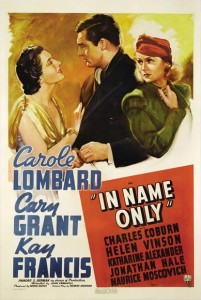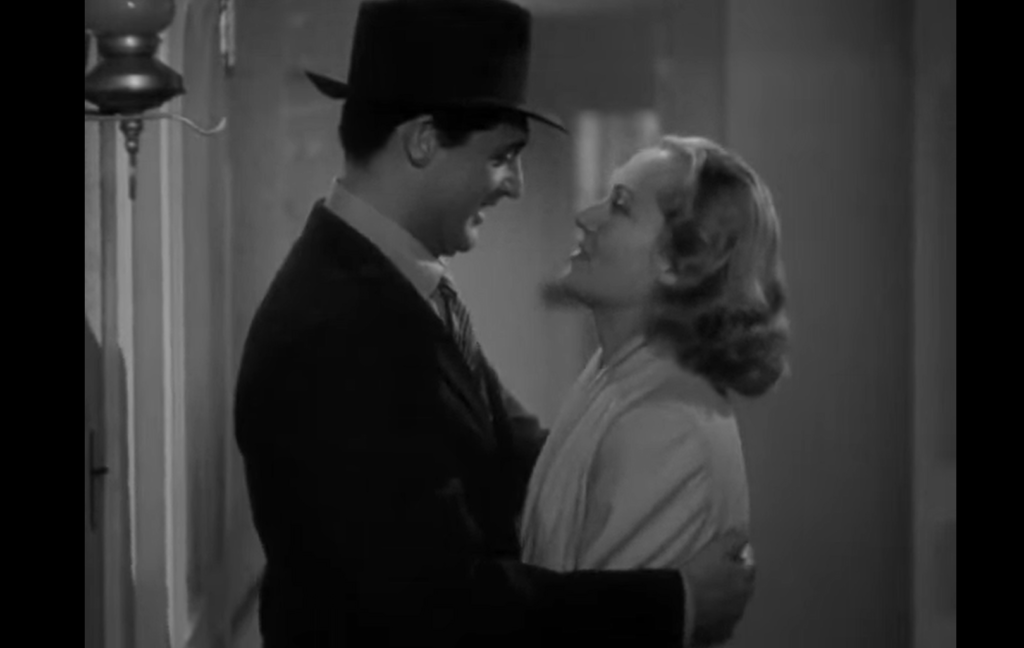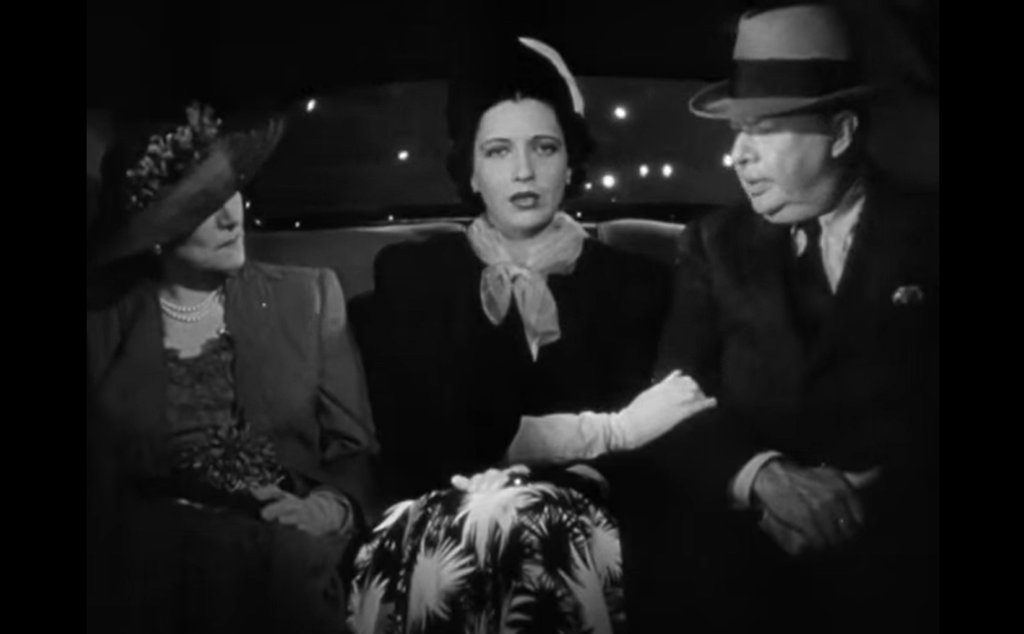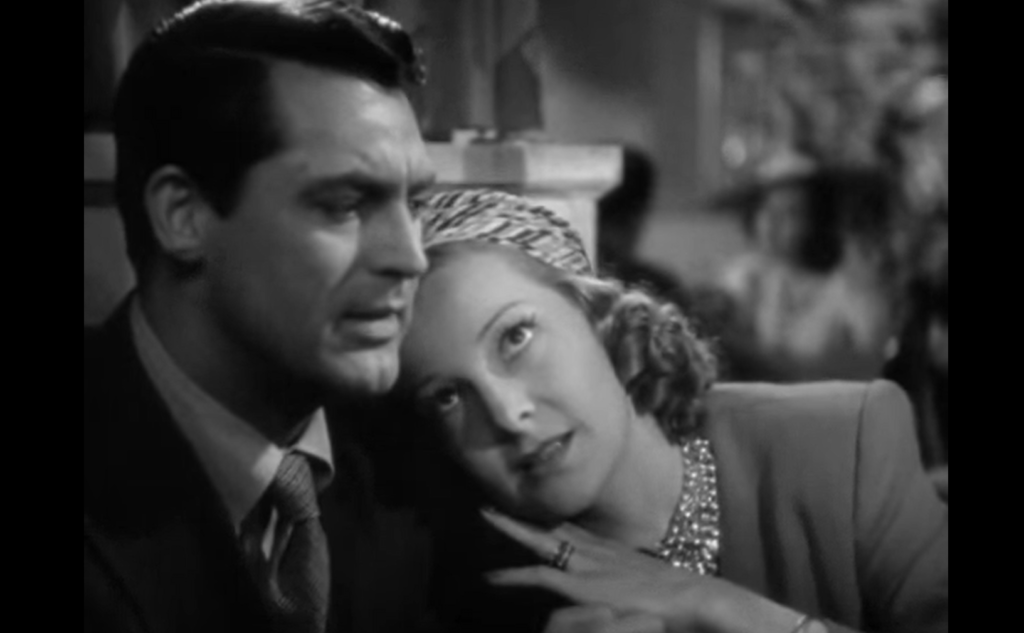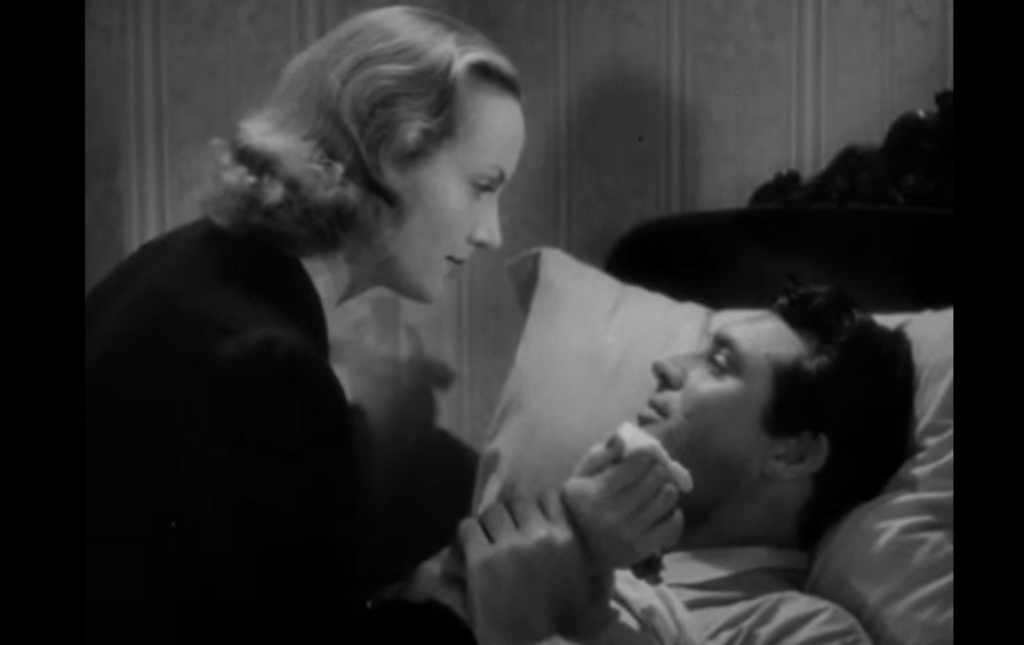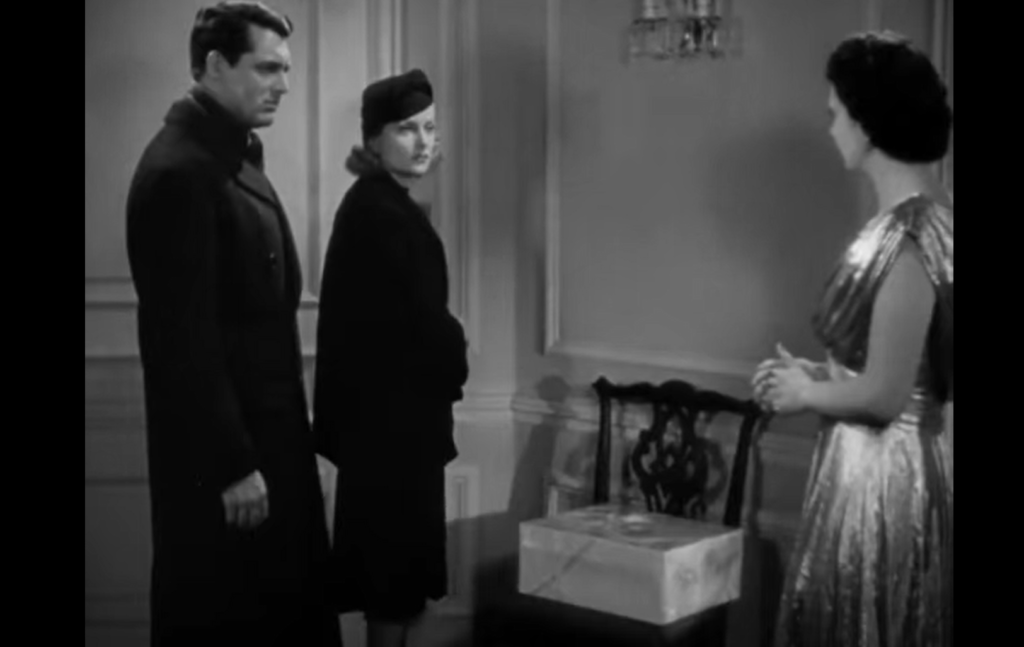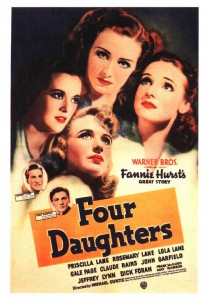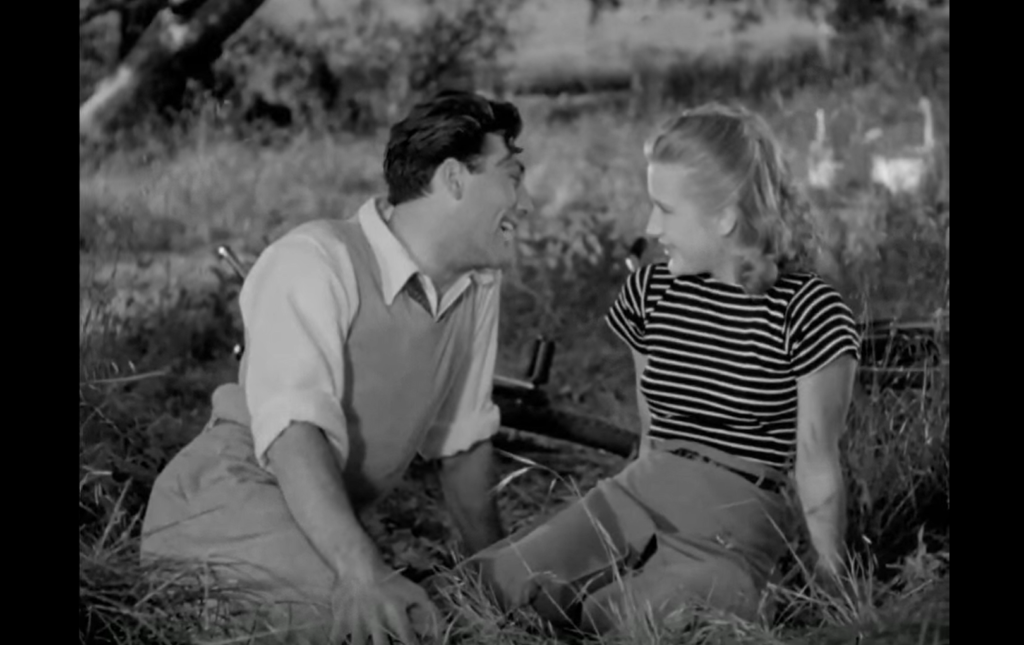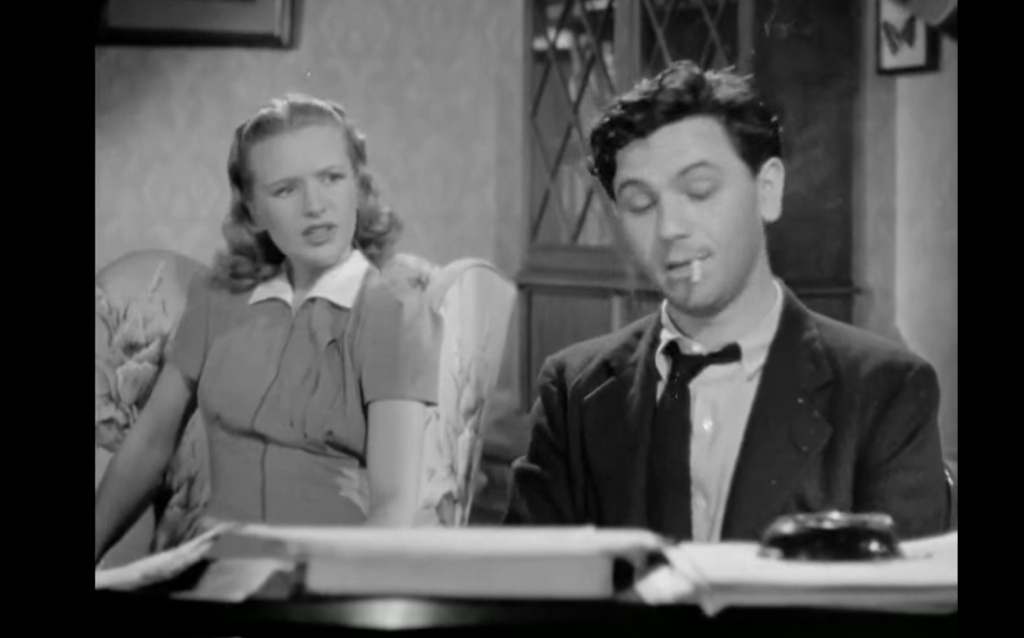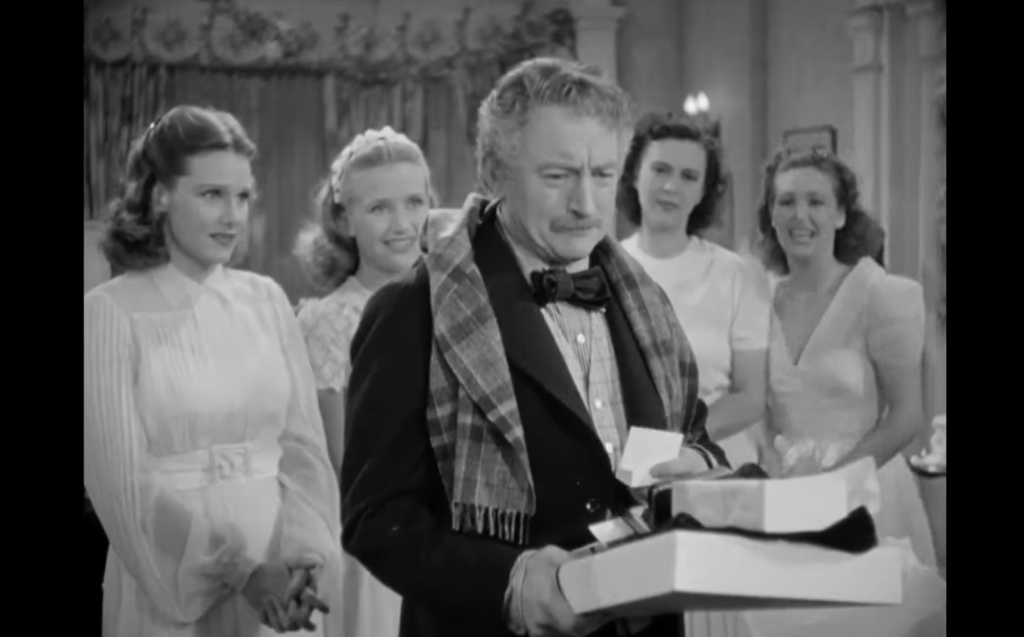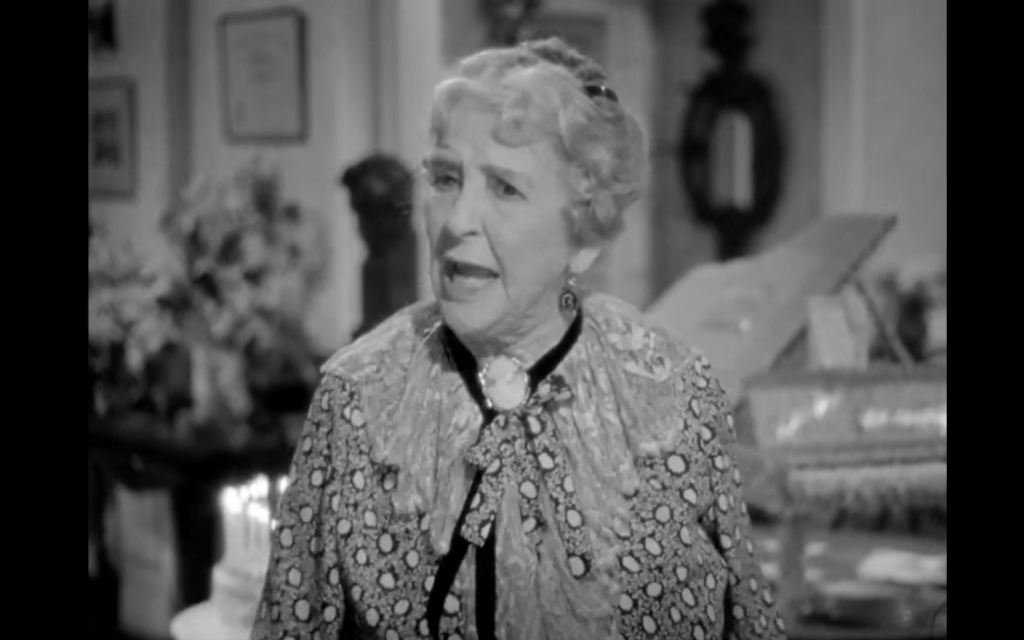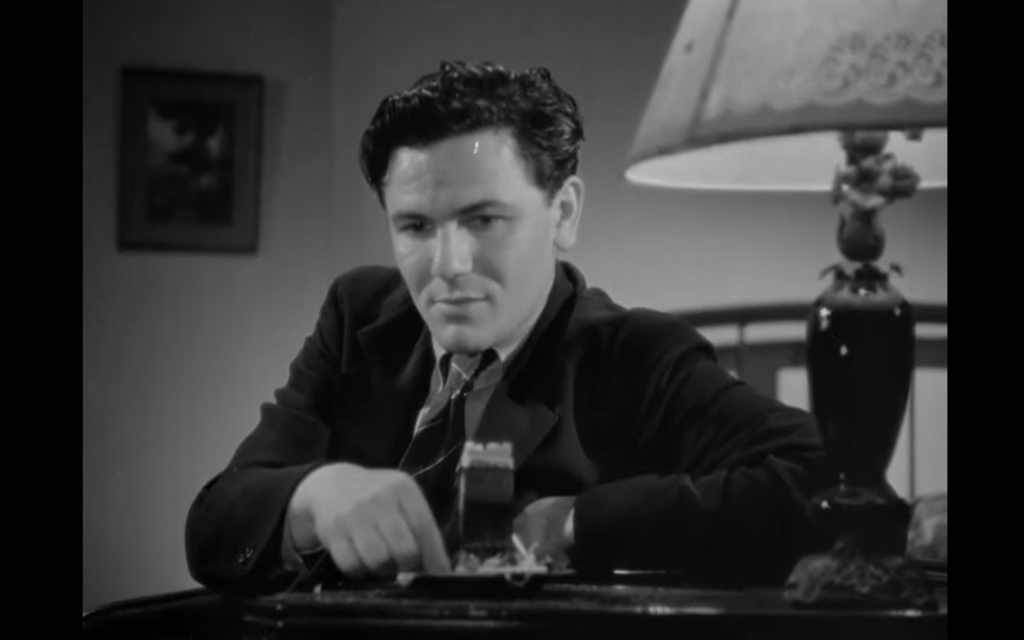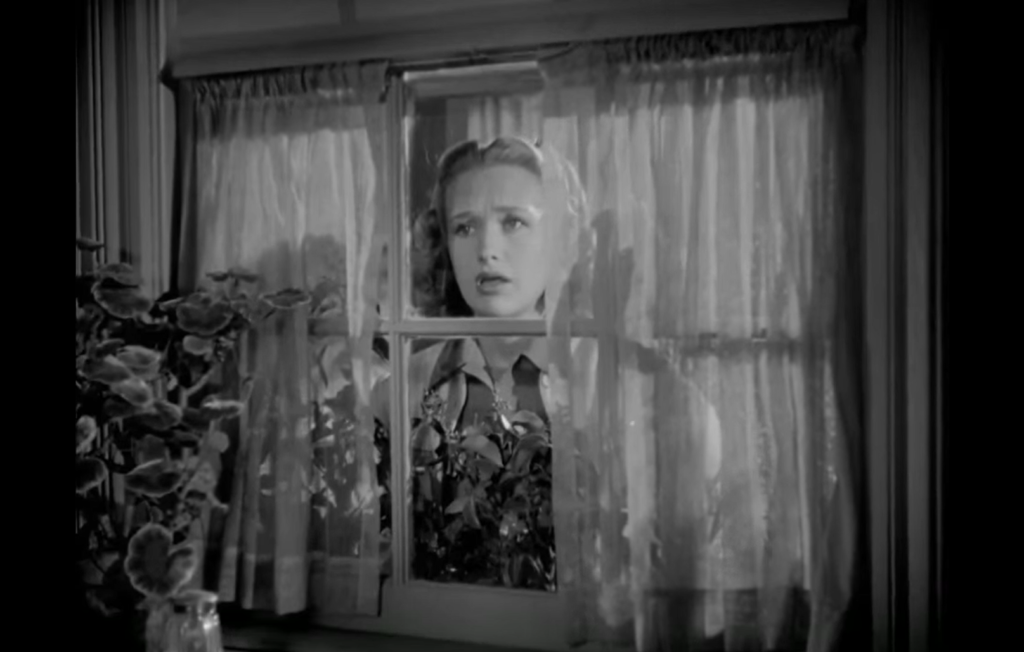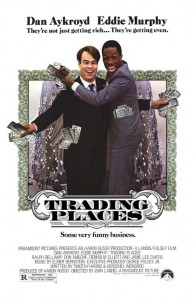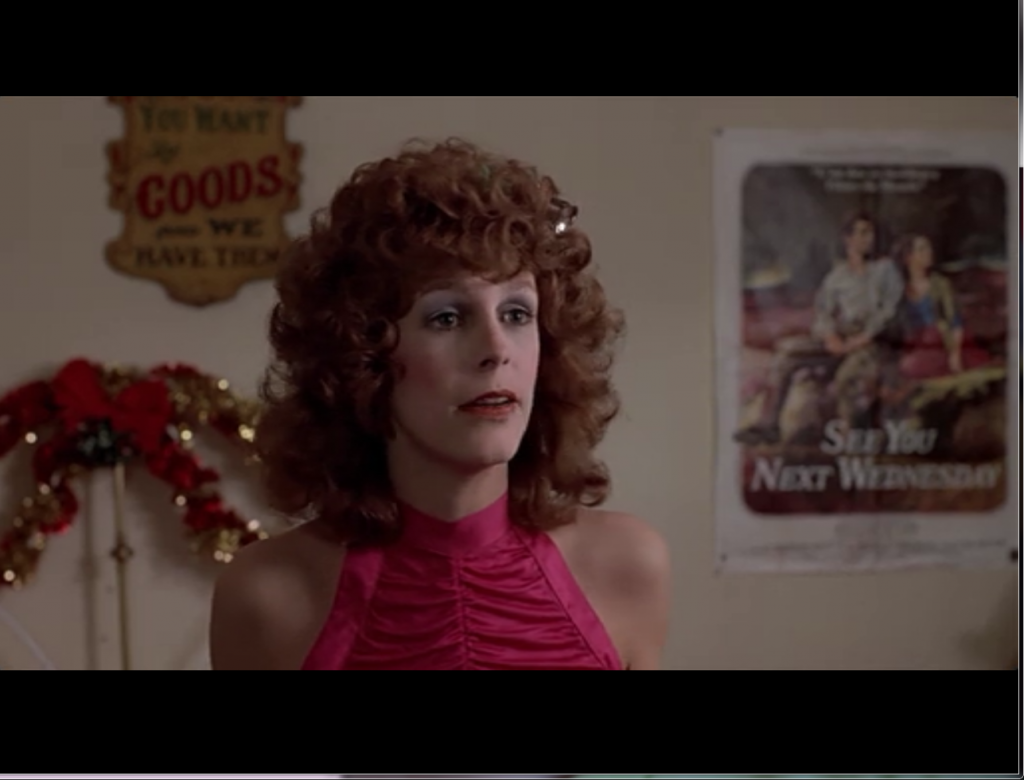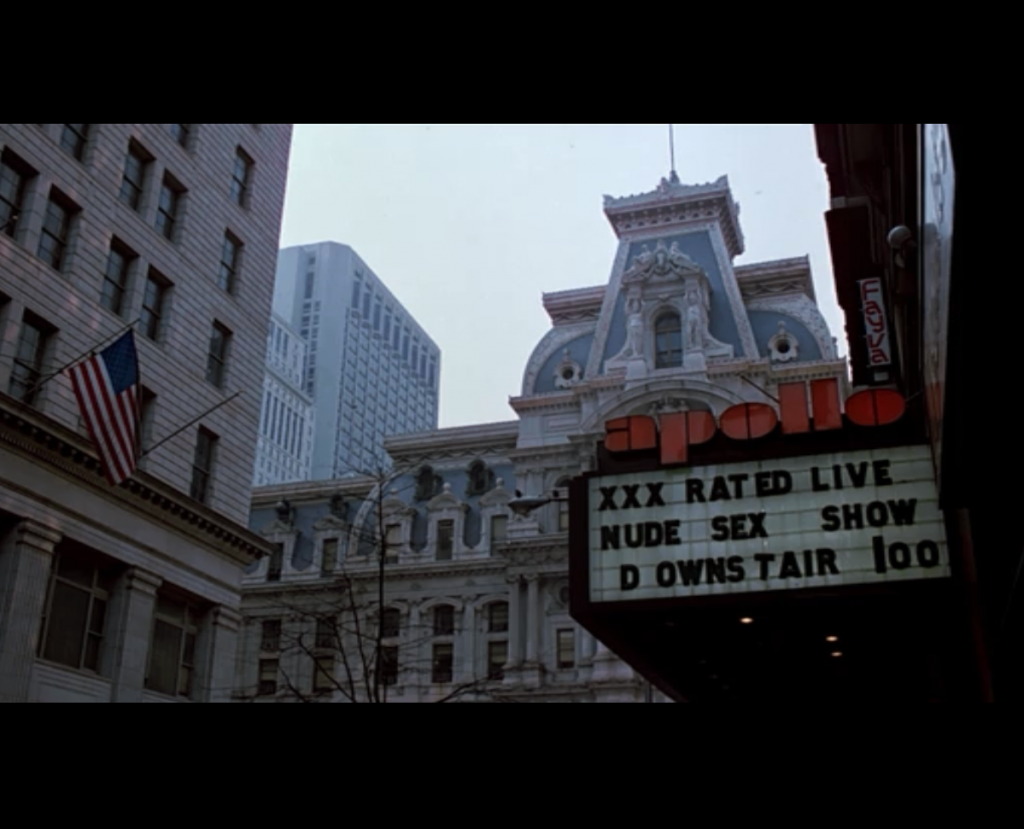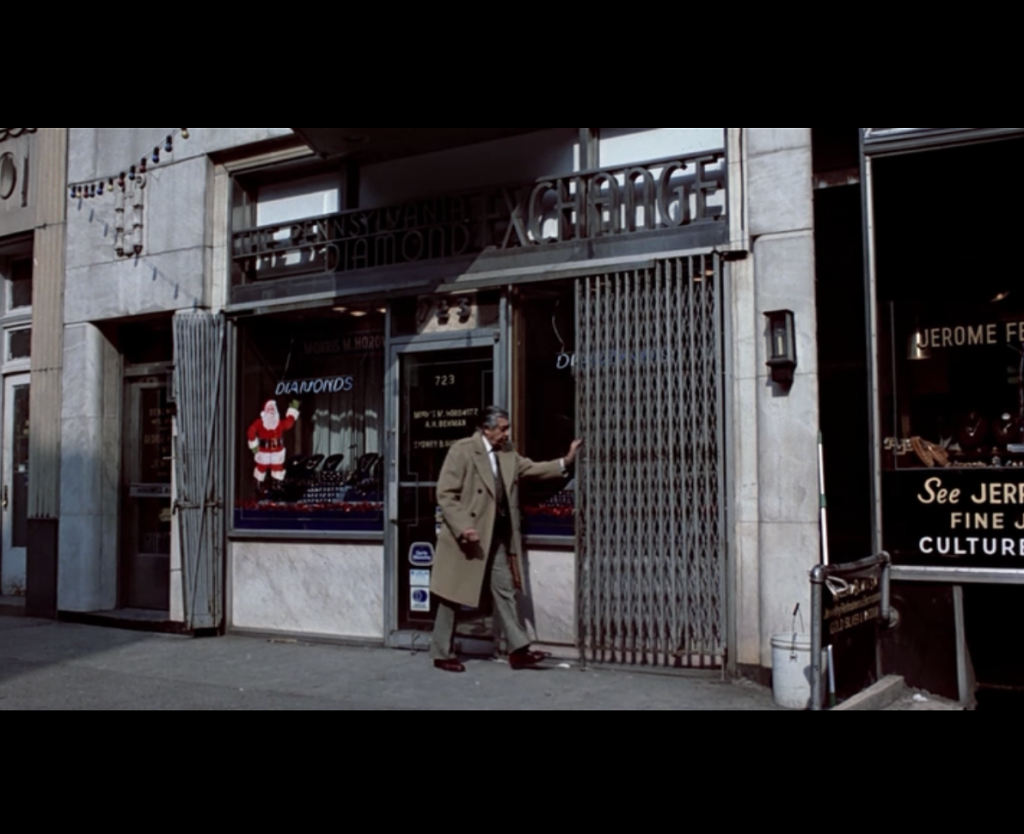|
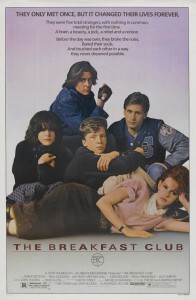
Synopsis:
A group of diverse teens — a privileged preppy girl (Molly Ringwald), a rebel (Judd Nelson), a jock (Emilio Estevez), a nerd (Anthony Michael Hall), and a recluse (Ally Sheedy) — form unexpected bonds during an extended day of detention at school, overseen by the tyrannical Mr. Vernon (Paul Gleason).
|
|
Genres, Themes, Actors, and Directors:
- Friendship
- High School
- Misfits
- Teenagers
Response to Peary’s Review:
Peary argues that writer-director John Hughes’ “follow-up to Sixteen Candles” (“nick-named ‘The Little Chill'”) is “essentially a mock encounter session involving five teenagers”, who “reveal themselves through their volatile actions and wrenching confessions” as “tough exteriors disappear, social barriers crumble, [and] deep secrets are revealed about their troubles at home”. He points out that “each kid turns out to be soft at the core and sympathetic”, and notes that “all suffer from the same problem: parents” (!!). He writes that while Hughes’ “direction is too stagy”, his “dialogue is perceptive and witty, and also realistic enough to have made the film a hit with teenagers”. (Indeed, while the movie was popular upon its release, its cult status has grown to enormous proportions since then, with its Facebook page receiving nearly 2 million “likes”.) Peary notes that “it’s obvious that Hughes likes teenagers and believes them to be smart and funny”; he further points out that “the young cast excels”, with “even Nelson” — who “got a lot of bad press, looks too old, and is stuck with most of the film’s cliches” — “fine in the largest role”.
Peary’s assessment just about sums up the merits of this guiltily enjoyable teen classic — though he neglects to mention the memorable use of Simple Minds’ “Don’t You (Forget About Me)” as the theme song (it was written specifically for the movie). Interestingly, Hughes was asked to write a play based upon his film (to be performed by high schoolers), and this may be the best way to view the material: as a morality play, one with an overly-convenient resolution (as Peary points out, “the ending is too rushed” and “we aren’t sufficiently prepared for the two couplings that take place”), but which packs a punch precisely because it’s so strategically scripted. Hughes’ genius was in capturing the types of stereotypes and concerns that plague teenagers (who often feel isolated by their differences) — and then allowing his characters to work through these concerns in a cathartic deconstruction. It’s the stuff of (troubled) teens’ fantasies, and clearly explains the film’s cult status years later.
Note: In addition to Sixteen Candles (1985), John Hughes wrote and directed several other cult favorites — including Weird Science, Ferris Bueller’s Day Off (1986), and Planes, Trains, and Automobiles (1987); indeed, despite variable output in his later years, Hughes himself (who died from a heart attack in 2009 at age of 59) has a considerable cult following.
Redeeming Qualities and Moments:
- Fine performances by the young ensemble cast
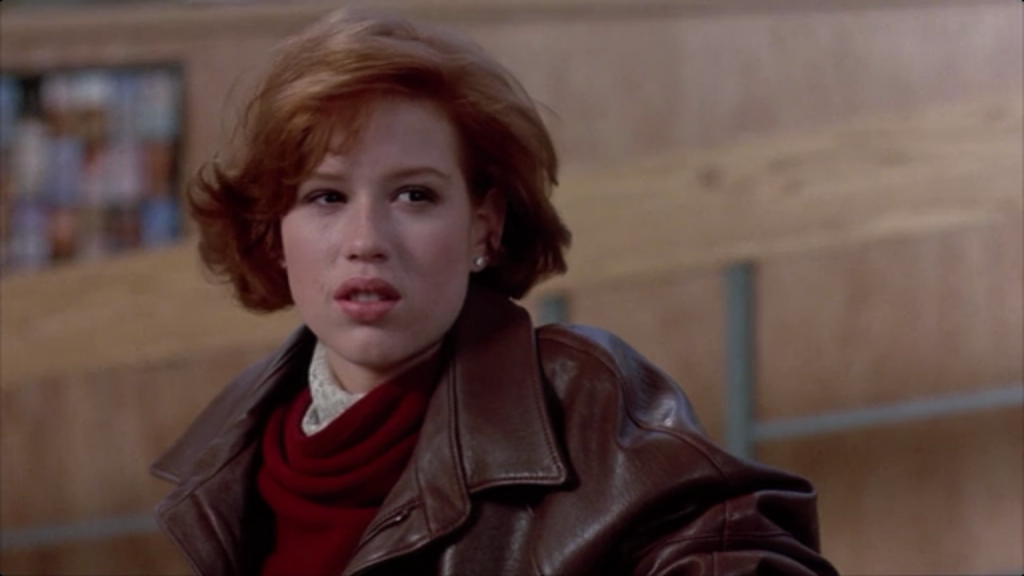
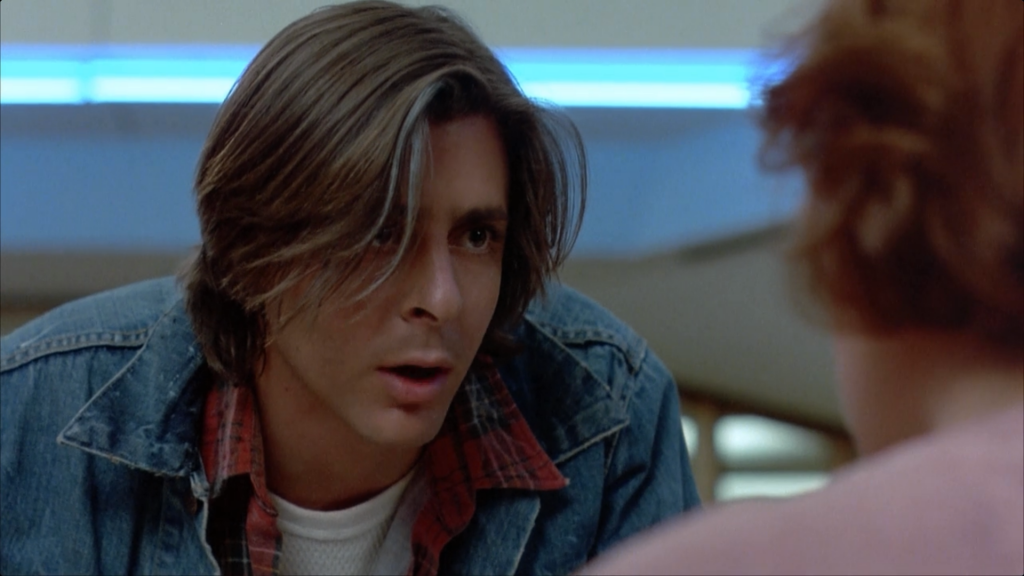
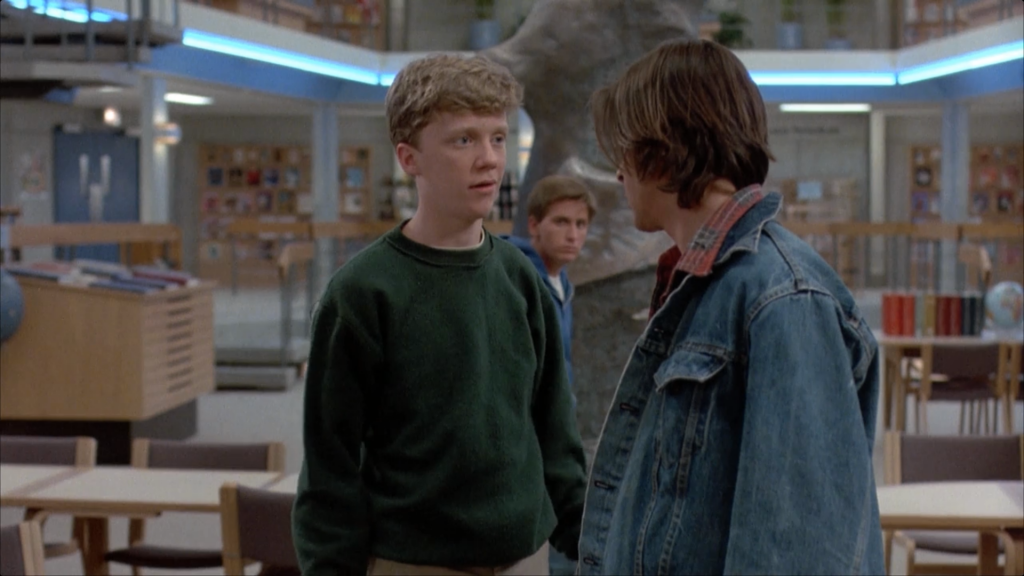
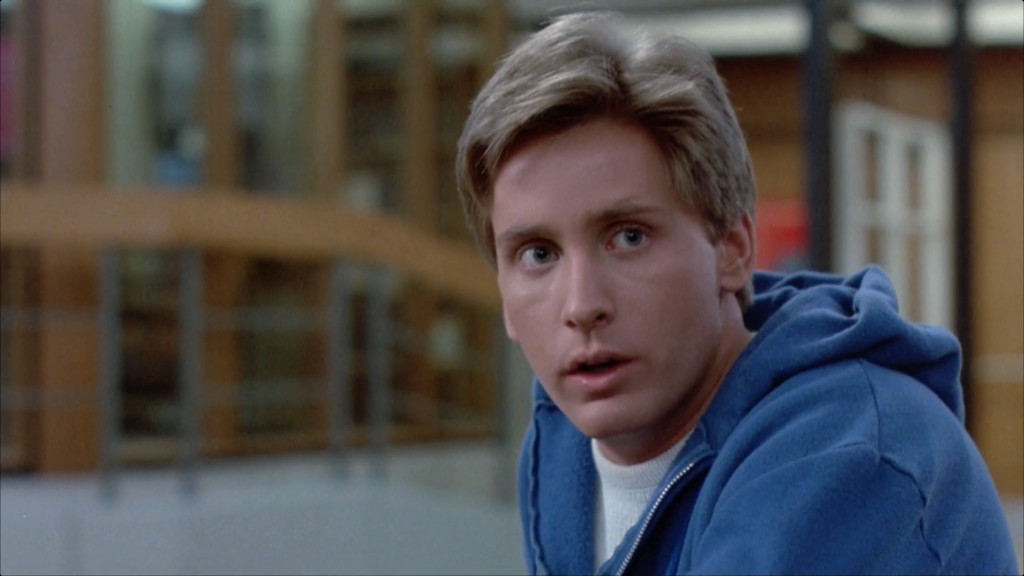
- An often witty and incisive script by Hughes
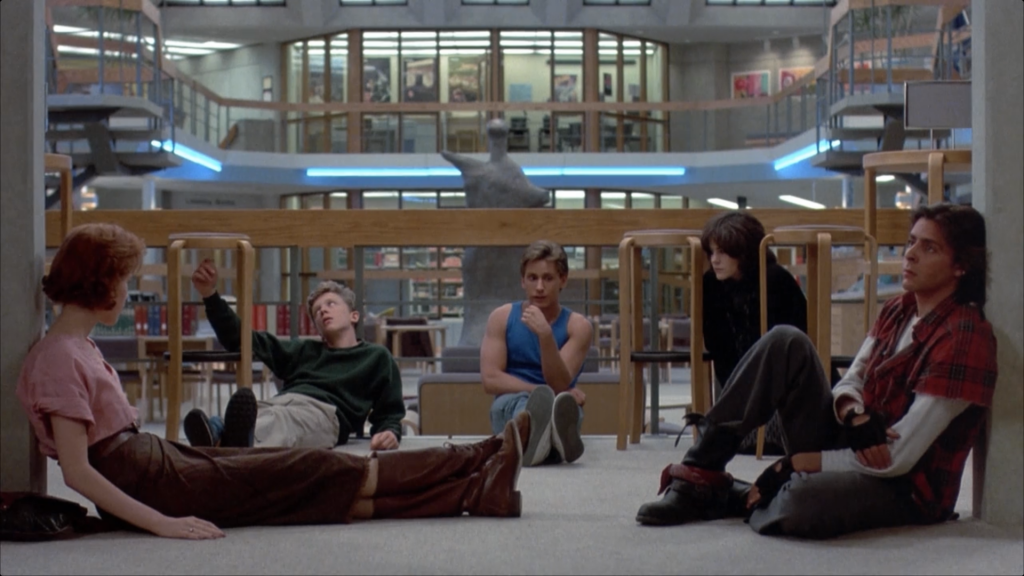
Must See?
Yes, as a cult favorite.
Categories
(Listed in 1001 Movies You Must See Before You Die)
Links:
|
